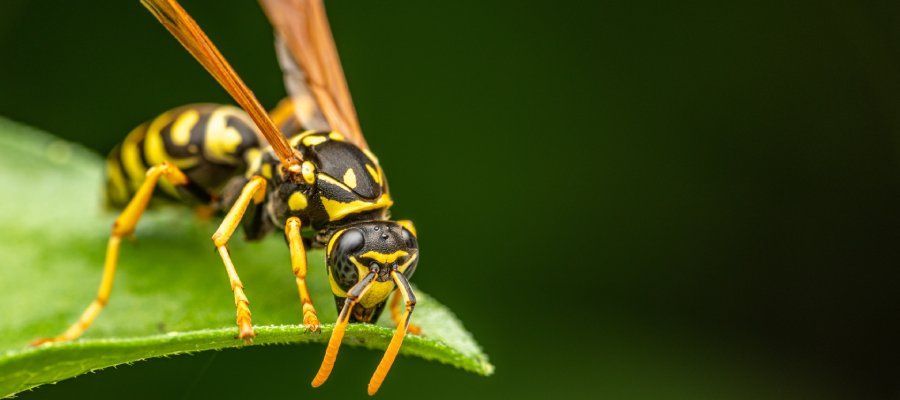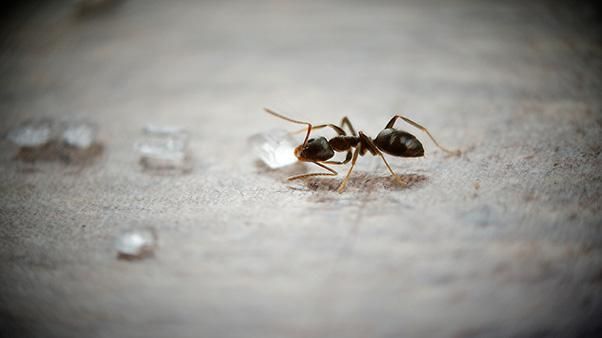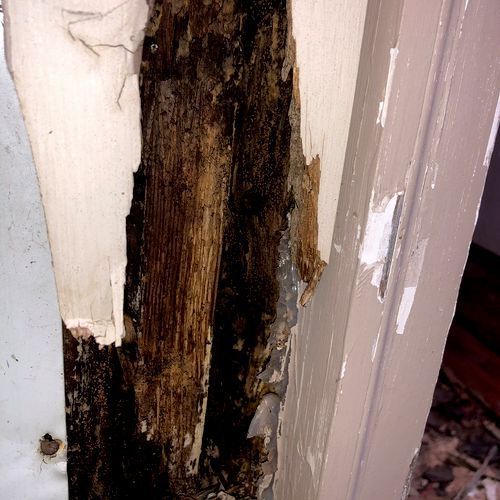Effective Strategies for Tick Treatment: Safeguarding Against These Pesky Parasites
Ticks, those tiny bloodsucking arachnids, are not only an annoyance but also potential carriers of diseases. With their prevalence in many regions, it's crucial to implement effective tick treatment strategies to protect ourselves, our loved ones, and our pets. In this blog, we will explore some tried-and-tested methods for dealing with ticks and reducing the risks associated with their presence.
- Tick Prevention:
Prevention is always better than cure. Start by creating a tick-free environment around your home. Clear tall grasses, brush, and leaf piles where ticks tend to thrive. Regularly mow your lawn and maintain a well-trimmed landscape. Implement barriers like fences or gravel paths to keep wildlife, which often carry ticks, away from your living areas.
- Personal Protection:
When venturing into tick-infested areas, take precautions to safeguard yourself. Wear long-sleeved shirts, long pants, and closed-toe shoes. Tuck your pants into your socks or use elastic bands to prevent ticks from crawling up your legs. Apply insect repellents containing DEET on exposed skin, and treat your clothing with permethrin, an effective tick deterrent.
- Pet Protection:
Ticks pose a significant threat to our furry friends. Consult your veterinarian to determine the best tick prevention products for your pets. Options include spot-on treatments, tick collars, and oral medications. Regularly inspect and groom your pets, paying close attention to areas where ticks often hide, such as between toes, in the ears, and around the tail.
- Tick Removal:
Prompt removal of attached ticks is crucial to reduce the risk of disease transmission. Use fine-tipped tweezers to grasp the tick as close to the skin's surface as possible and pull it straight out with steady pressure. Avoid crushing the tick or leaving its mouthparts behind. After removal, clean the bite area with soap and water, and apply an antiseptic.
- Tick Control in the Yard:
Consider utilizing tick control products to manage tick populations in your yard. Spraying or dusting targeted areas with insecticides can help eliminate ticks and reduce their numbers. Consult a professional exterminator for safe and effective options that won't harm the environment or other beneficial insects.
Dealing with ticks requires a multi-faceted approach involving prevention, personal protection, and diligent inspection. By implementing these strategies, you can significantly reduce your risk of tick-borne diseases and enjoy outdoor activities without worry. Stay informed about the prevalence of ticks in your area and be proactive in implementing the necessary measures to keep yourself, your family, and your pets safe. Remember, tick treatment is not a one-time affair but an ongoing commitment to ensure a tick-free environment



Service Areas
- Tarrant County, TX
- Bedford, TX
- Watauga, TX
- Grapevine, TX
- North Richland Hills, TX
- Haltom City, TX
- Hurst, TX
- Euless, TX
- Roanoke, TX
- Westlake, TX
- Keller, TX
- Lake Worth, TX
- River Oaks, TX
- Forest Hill, TX
- Fort Worth, TX
- Saginaw, TX
- Arlington, TX
- Benbrook, TX
- White Settlement, TX
- Haslet, TX
- Aledo, TX
Inquire
Thank you for contacting us.
We will get back to you as soon as possible.
Please try again later.





